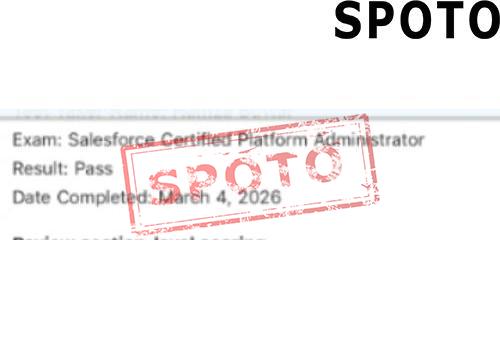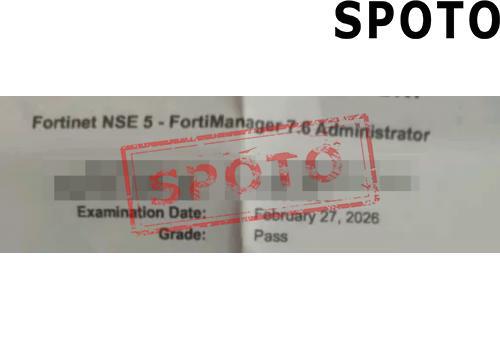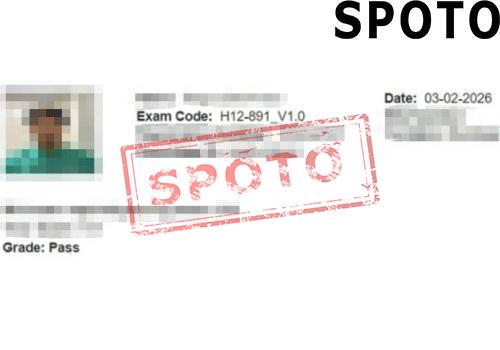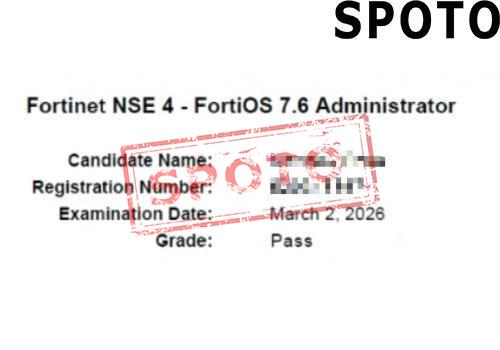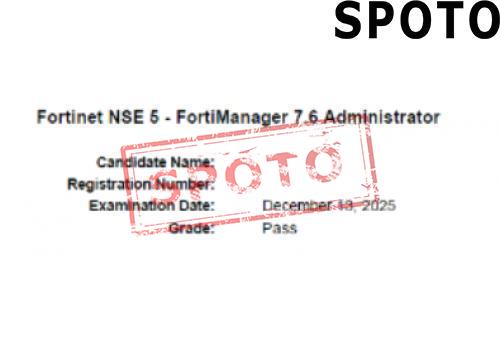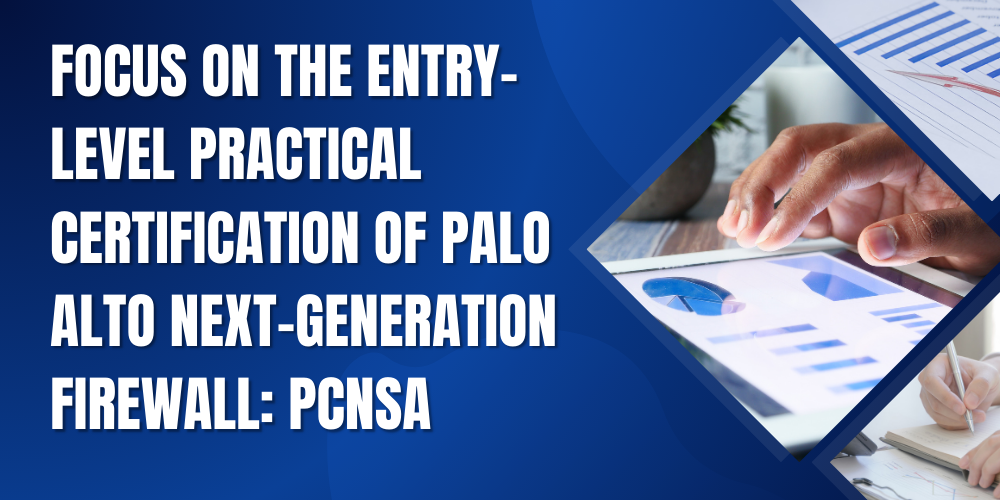
Table of Contents
- 1. Introduction to the Palo Alto Networks Certified Network Security Administrator certification
- 2. The Competitive Edge of a PCNSA Certification
- 3. Core Components of the PCNSA Certification
- 4. What are the requirements to be a Palo Alto Networks Certified Network Security Administrator?
- 5. Comparable Certifications to PCNSA certification
In this article, PCNSA certification better proves that the holder has the basic configuration and operation and maintenance capabilities of the manufacturer's equipment.
1. Introduction to the Palo Alto Networks Certified Network Security Administrator certification
The Palo Alto Networks Certified Network Security Administrator (PCNSA) is a vendor-exclusive entry-level network security certification offered by Palo Alto Networks, a globally renowned network security vendor. It specifically validates practitioners' basic configuration, management, and threat protection capabilities for Palo Alto Networks Next-Generation Firewalls (NGFWs). As the entry-level qualification in the Palo Alto certification system, the PCNSA focuses on practical application expertise and serves as a foundational credential for operating and maintaining the vendor's security devices and ensuring enterprise network perimeter security.
The Palo Alto Networks Next-Generation Firewall is a core component of enterprise network security architectures. Its core strengths include precise application identification, comprehensive threat protection, and user-content correlation. It is widely used in key industries such as finance, telecommunications, and energy to protect against advanced threats, manage application access, and ensure data transmission security. The PCNSA aims to cultivate "basic administrators capable of independently operating Palo Alto NGFWs."
Unlike vendor-neutral certification, PCNSA is fully centered around the Palo Alto product ecosystem. Its skills are highly adapted to real-world scenarios, making it a direct criterion for enterprises to select Palo Alto device operators.
2. The Competitive Edge of a PCNSA Certification
Palo Alto Networks is a leader in the global next-generation firewall market. According to Gartner, it has been ranked in the "Leaders Quadrant" for NGFWs for many consecutive years, and its products are used by over 85% of Fortune 500 companies worldwide. Furthermore, PCNSA, as an official entry-level certification, is a core screening criterion for companies recruiting Palo Alto device operators. When searching for positions like "Palo Alto Administrator" and "NGFW Operations" on recruitment platforms, over 70% of companies clearly indicate "PCNSA Certified Personnel Preferred." PCNSA-certified personnel are particularly competitive in industries with high cybersecurity requirements, such as finance and telecommunications.
The PCNSA assessment is based entirely on practical Palo Alto NGFW operations. Preparation requires practicing policy configuration and troubleshooting in simulated environments, accumulating skills that are directly applicable to the workplace. According to official Palo Alto research, PCNSA-certified personnel are 40% more efficient than non-certified personnel in handling daily firewall operations and maintenance tasks and have a 60% lower policy configuration error rate.
PCNSA is the first level of the Palo Alto Networks certification system. Passing the certification seamlessly leads to the higher-level Palo Alto Networks Certified Network Security Engineer (PCNSE), enabling further learning of complex configuration scenarios and progression toward becoming a Senior Security Engineer or Security Architect. Furthermore, in the network security field, the combination of vendor-specific certifications and general certifications is highly competitive: general certifications demonstrate extensive security knowledge, while PCNSA demonstrates deep operational proficiency with mainstream products. This combination offers both theoretical and practical coverage, making it suitable for a wider range of roles.
3. Core Components of the PCNSA Certification
The PCNSA assessment focuses on practical Palo Alto NGFW operational capabilities, covering the entire process from "configuration - protection - operations and maintenance."
Unlike traditional firewalls that rely on port/protocol-based control, the Palo Alto NGFW can accurately identify over 10,000 applications. The PCNSA requires that candidates be able to create policies based on business needs, configure policy priorities and matching logic, resolve policy conflicts, limit the traffic share of high-bandwidth applications, and protect network resources for core businesses.
PCNSA certificate holders are required to configure basic threat protection, enable Palo Alto's built-in IPS signature library, detect and block common network attacks, configure file scanning rules, intercept file transfers containing viruses and ransomware, and create filtering policies based on URL categories to prevent users from accessing high-risk webpages and reduce the risk of phishing attacks.
Daily operations and basic troubleshooting are crucial components of their work. This includes viewing network traffic statistics and security event logs through the web UI, locating the source of abnormal traffic, and resolving common problems. Common methods include checking policy matching order, interface status, log error information, monitoring device resources, and regularly clearing redundant configurations to ensure stable firewall operation.
4. What are the requirements to be a Palo Alto Networks Certified Network Security Administrator?
(1) Qualification prerequisites:
Palo Alto Networks does not officially require any formal education or work experience for this exam. However, it recommends basic networking knowledge and a fundamental understanding of firewalls and network security. We also recommend attending Palo Alto's official training courses, which include simulated lab environments to help you master practical skills.
(2) Training and examinations:
The PCNSA exam consists of both single-choice and multiple-choice questions. The exam lasts 60 minutes, and a passing score of 70% or higher is required. Candidates can choose to take the exam in person or online via the Pearson VUE platform. The exam fee is approximately US$150.
(3) Qualification maintenance:
Your PCNSA certification stays valid for three years—so you’ve got plenty of time to put those new skills to work! To keep your cert active, you can either retake the exam or collect continuing education credits. A great way to earn those credits is by diving into Palo Alto’s official online courses or dropping by their tech seminars. It’s all about staying sharp and up-to-date in the world of security.
5. Comparable Certifications to PCNSA certification
- Check Point Certified Security Administrator (CCSA)
- Fortinet Network Security Administrator
- Cisco Certified Network Associate Security
- Sophos Certified Administrator (SCA)
- Huawei Certified ICT Associate – Network Security (HCIA-Security)
